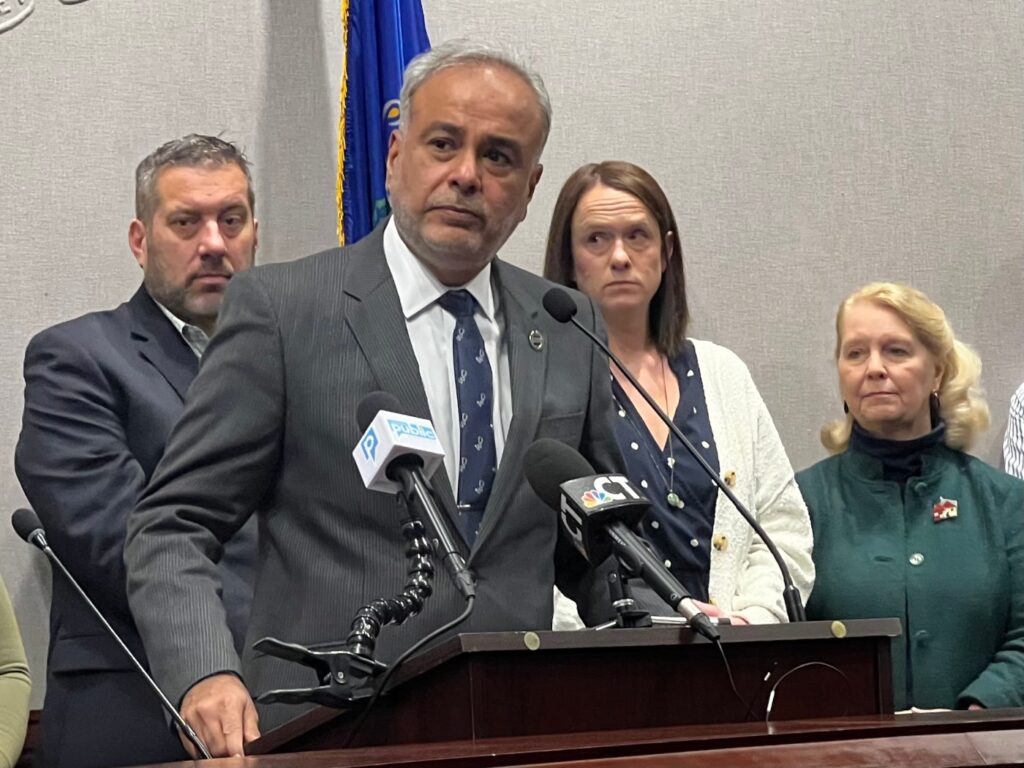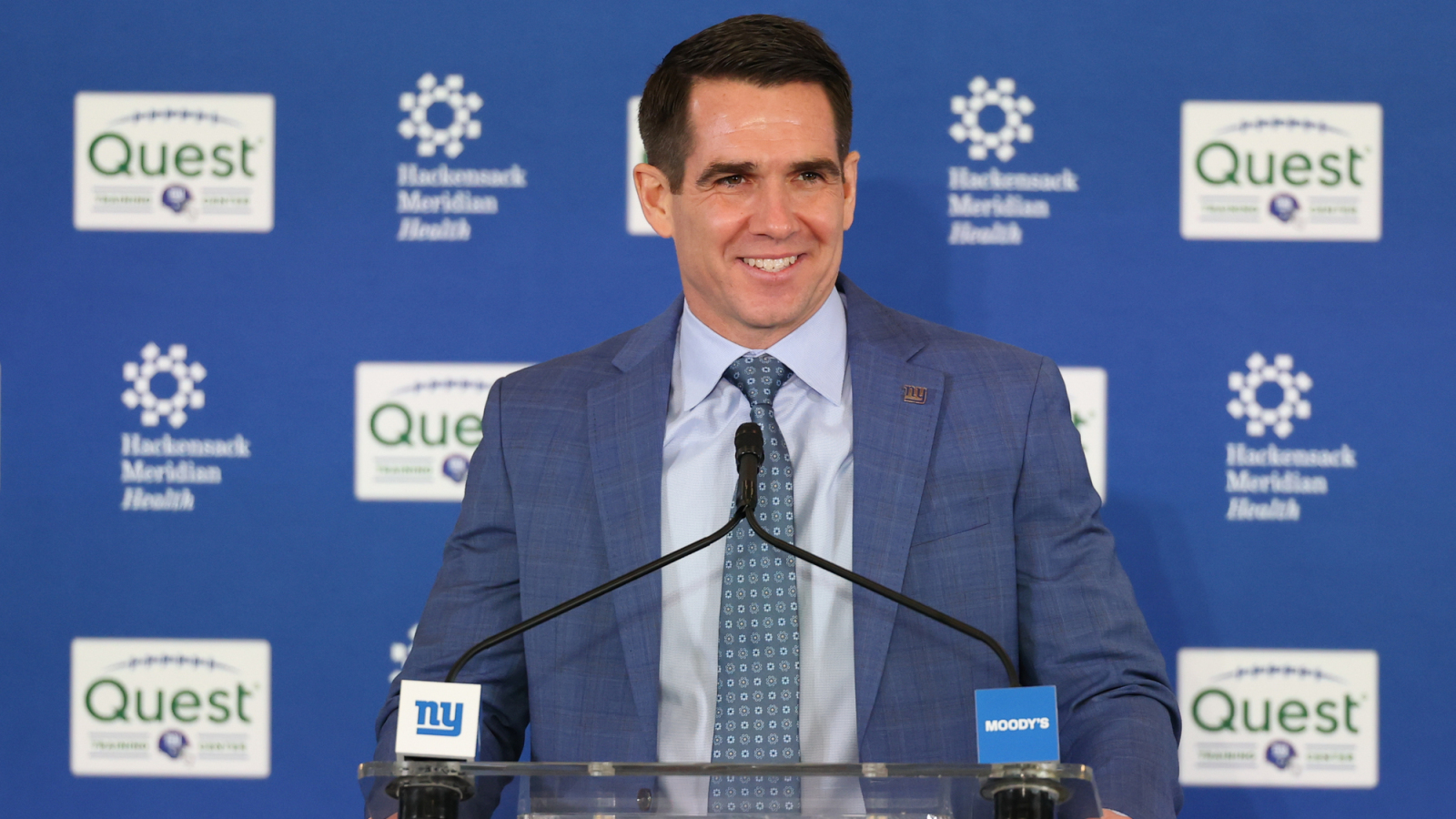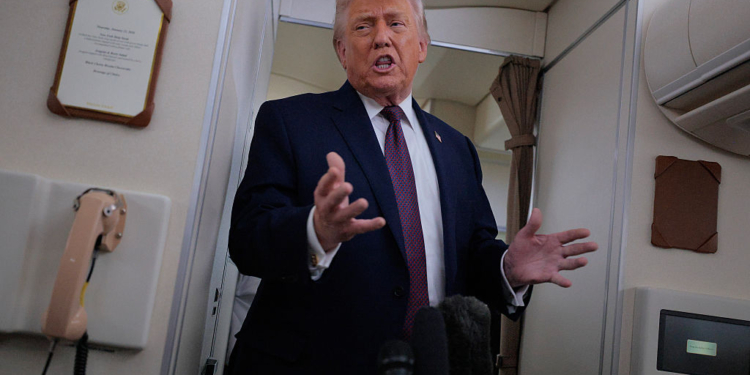
BREAKING: Connecticut State Senator Saud Anwar has urgently called out Governor Ned Lamont for the loss of 83 lives due to drug overdoses since a critical policy decision was made. Anwar, who has been tracking the state’s overdose crisis, blames the governor for removing a vital provision from SB 7 that would have established overdose prevention centers across the state.
The senator stated on his Facebook page that after the removal on May 29, 2025, the state has witnessed 789 overdoses. “Each death was preventable,” Anwar emphasized, highlighting the profound human cost of what he refers to as “wrong action.” He expressed deep disappointment in the governor’s decision, noting that it disproportionately affects vulnerable communities, particularly Black and Brown individuals.
Anwar, a medical doctor and co-chairman of the General Assembly’s Public Health Committee, has been vocal about the need for overdose prevention centers, which are recognized internationally as effective in reducing overdose deaths. He lamented, “The question is no longer if people will die without overdose prevention — it’s HOW MANY MORE?”
The senator’s remarks come amid a backdrop of rising tensions within the Democratic Party in Connecticut. His criticism aligns with growing discontent over Governor Lamont’s policies, particularly concerning taxation and social services. The urgency of Anwar’s message resonates as fellow Democrats, including Rep. Josh Elliott, have begun gubernatorial campaigns challenging Lamont’s leadership.
In a statement, Anwar noted, “Since May 29, there have been more than 100 opioid overdose deaths that could have been avoided.” He urged the governor to reconsider his stance, asserting that the data supports the establishment of these centers as a necessary intervention.
Despite claims from the governor’s office indicating a 26% decline in overdose deaths in 2024, Anwar points to discrepancies in reported numbers, questioning the credibility of the state’s assessments. He insists that without overdose prevention centers, the lives of many more individuals remain at risk.
In a recent press briefing, Governor Lamont acknowledged concerns about safe injection sites but did not commit to vetoing SB 7, stating, “I want to get people off the drugs, and we have made a big effort there.” However, critics argue that his lack of action is a direct contributor to the ongoing crisis.
The situation is compounded by the emotional toll on families impacted by these tragedies. Anwar’s passionate appeals reflect the sentiments of many who have lost loved ones to overdoses, emphasizing that “every single death is preventable.”
Authorities are now watching closely as this controversy unfolds, with the potential for significant political ramifications. As the state grapples with its overdose crisis, the question remains: will Governor Lamont heed the urgent calls for action, or will lives continue to be lost in this ongoing public health emergency?
What’s next? The governor’s response to the growing criticism and the potential future of SB 7 will be critical to monitor in the coming days. With the stakes higher than ever, Connecticut residents await decisive action to address this urgent health crisis.






